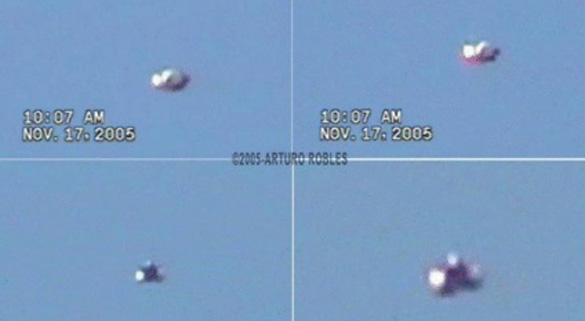According to the latest revelations based on the documents leaked by Edward Snowden, the former NSA contractor and the whistleblower, smartphone applications such as GoogleMaps, Facebook, Twitter, Flickr and games like Angry Birds are the biggest sources of information for NSA.
Intelligence agencies use these apps to track locations, access address books, buddy lists, phone logs and collect personal data such as age, gender, sex, marital status, and other personal details.
The data are gathered in bulk using cookies the computers and mobile devices pickup while surfing the Internet, according to one of the 2010 document from the NSA’s British counterpart, Government Communication Headquarters (GCHQ).
Google Maps were reported to be the richest source of information. “Anyone using Google Maps on a smartphone is working in support of a G.C.H.Q. system,” revealed a secret 2008 document from the British intelligence agency.
Snooping through smartphone applications is in place since 2007. Apparently, NSA raised the program budget by four times that year, from $204 million to $767 million.
Developers were highly critical of these revelations.
- “Developers are surprised and disappointed to learn that personal information entrusted to them by users has been secretly collected and stored” said Jon Potter, president of the App Developers Alliance.
He added:
- “This surveillance damages our entire industry and undermines the hard work of app developer entrepreneurs everywhere.”
It is highly unlikely that many smartphone owners are aware of this because nothing in the leaked documents indicate company’s collusion with the intelligence agencies, according to The New York Times.
NSA commented on the report that phone interception technique is not used for all Americans, but only against valid targets and following stringent legal protocol.
- Any implication that NSA’s foreign intelligence collection is focused on the smartphone or social media communications of everyday Americans is not true. Moreover, NSA does not profile everyday Americans as it carries out its foreign intelligence mission. We collect only those communications that we are authorized by law to collect for valid foreign intelligence and counterintelligence purposes – regardless of the technical means used by the targets, said an NSA spokeswoman.
She added that:
- Because some data of US persons may at times be incidentally collected in NSA’s lawful foreign intelligence mission, privacy protections for US persons exist across the entire process concerning the use, handling, retention, and dissemination of data. In addition, NSA actively works to remove extraneous data, to include that of innocent foreign citizens, as early as possible in the process.
GCHQ declined to comment on this issue, but a spokesman said: “It is a longstanding policy that we do not comment on intelligence matters.”










